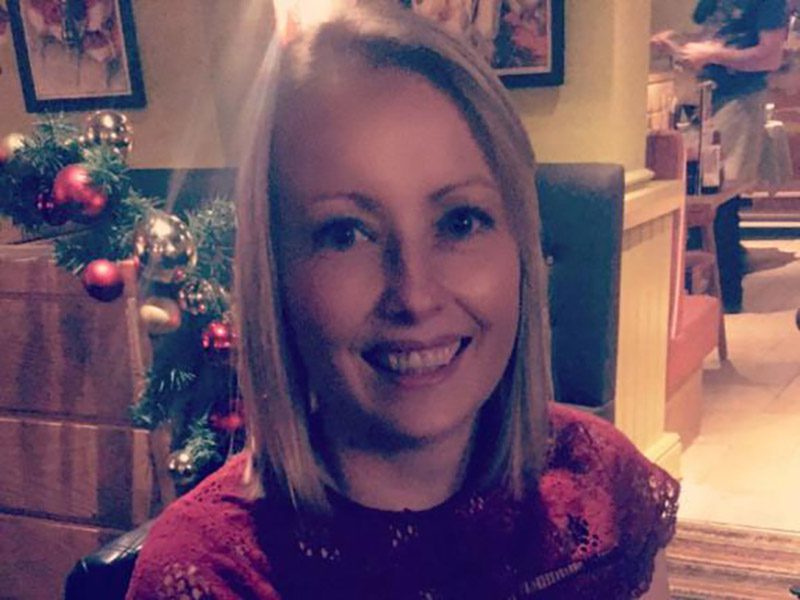
JZ’s Story : Delay in diagnosis of bladder cancer
JZ had been suffering from blood in his urine and episodes of nocturnal enuresis (involuntary urination that occurs at night) so he attended his GP
Cancer
Treatment for cancer can include surgery, chemotherapy, radiology, immunotherapy, hormone therapy or stem cell and bone marrow transplants.
The type of treatment recommended depends on how big the cancer is, whether it has spread to other areas of your body and how fit and well you are. Some people will only have one treatment while others will need a combination of treatments. Here are some of the more common types of treatment.
Surgery may be offered in order to remove the tumour. However, it depends on where the cancer is located in your body, its size and whether it has spread (metastasised) and also whether you are generally well enough to have the operation. Sometimes an operation is not the right or only treatment. If it has already spread, other options such as chemotherapy or hormone therapy, are more successful in reaching different areas of the body. Surgery is also not possible if you have leukaemia or lymphoma.
Chemotherapy is a drug used to attack cancer cells and destroy them throughout your body. It is usually used when the cancer has spread to different areas of the body, as it is able to attack cancer cells in different locations. It is used to shrink a tumour before further treatment and to try and stop it coming back after surgery or radiotherapy.
Radiotherapy is the use of radiation to target cancer cells. It can be given from outside the body (external) or inside the body (internal). It can be used on its own to cure cancer, to reduce the chances of it coming back or to help relieve symptoms of the tumour to improve quality of life.
There are of course many other treatment options such as drug therapy, hormone therapy, stem cell and bone marrow transplants and immunotherapy. The type of treatment is dependent on the type of cancer that you have and how advanced it is.
Each treatment option will have different effects, so do not be afraid to ask your doctor about what each treatment method will hope to achieve. Also, be sure to ask your doctor about the risks and benefits of each treatment option, so that you are able to make an informed decision with confidence.
As part of any claim that we bring for our clients, our specialist cancer team can obtain opinions on treatment options and help you access specialist cancer experts.
If you would like any help or advice about your cancer diagnosis, contact our experienced team who can help you make positive steps to your recovery.
For a free initial consultation
This data will only be used by CL Medilaw for processing your query and for no other purpose.

JZ had been suffering from blood in his urine and episodes of nocturnal enuresis (involuntary urination that occurs at night) so he attended his GP

Cancer diagnosis We were on holiday in Spain together when Richard discovered a lump in his groin. When we returned home, he went to the

All of my smear tests were misreported from 2009 onwards. I have never missed an appointment when I was called for a routine smear test,



Our experienced partners will be on hand to support you throughout the process

Partner

Partner

Partner

Partner

Partner

Partner

Partner
CL Medilaw © 2024